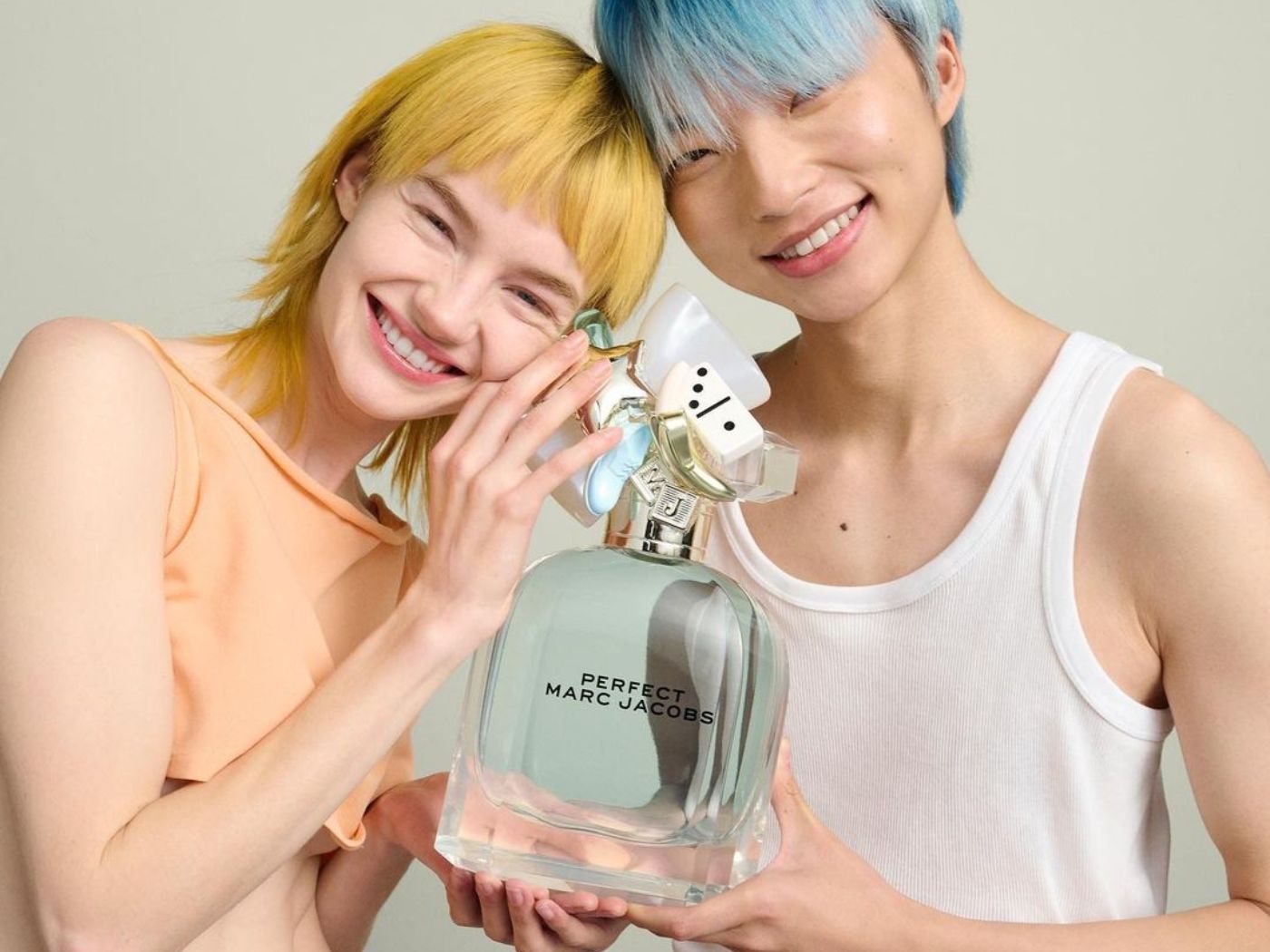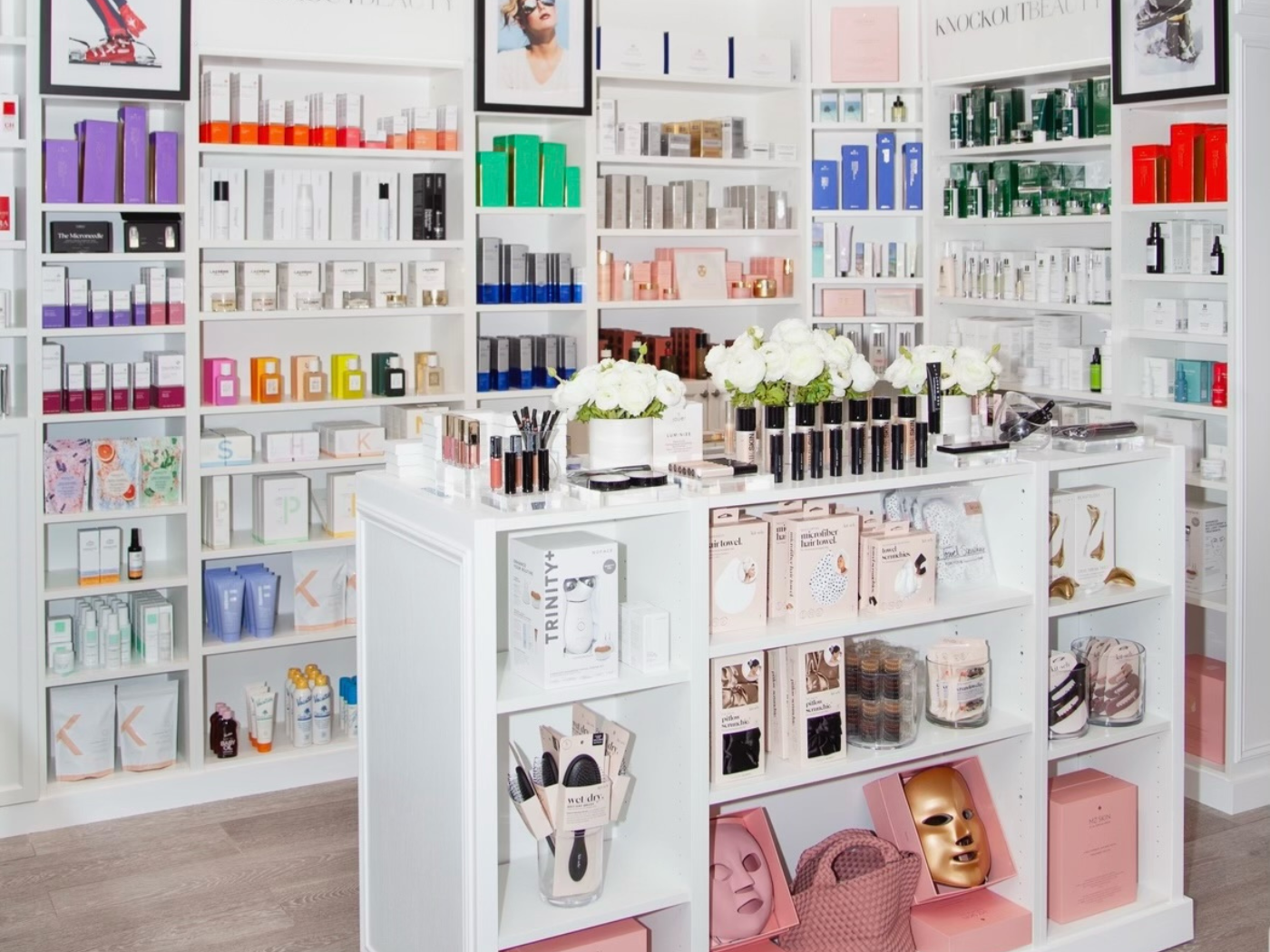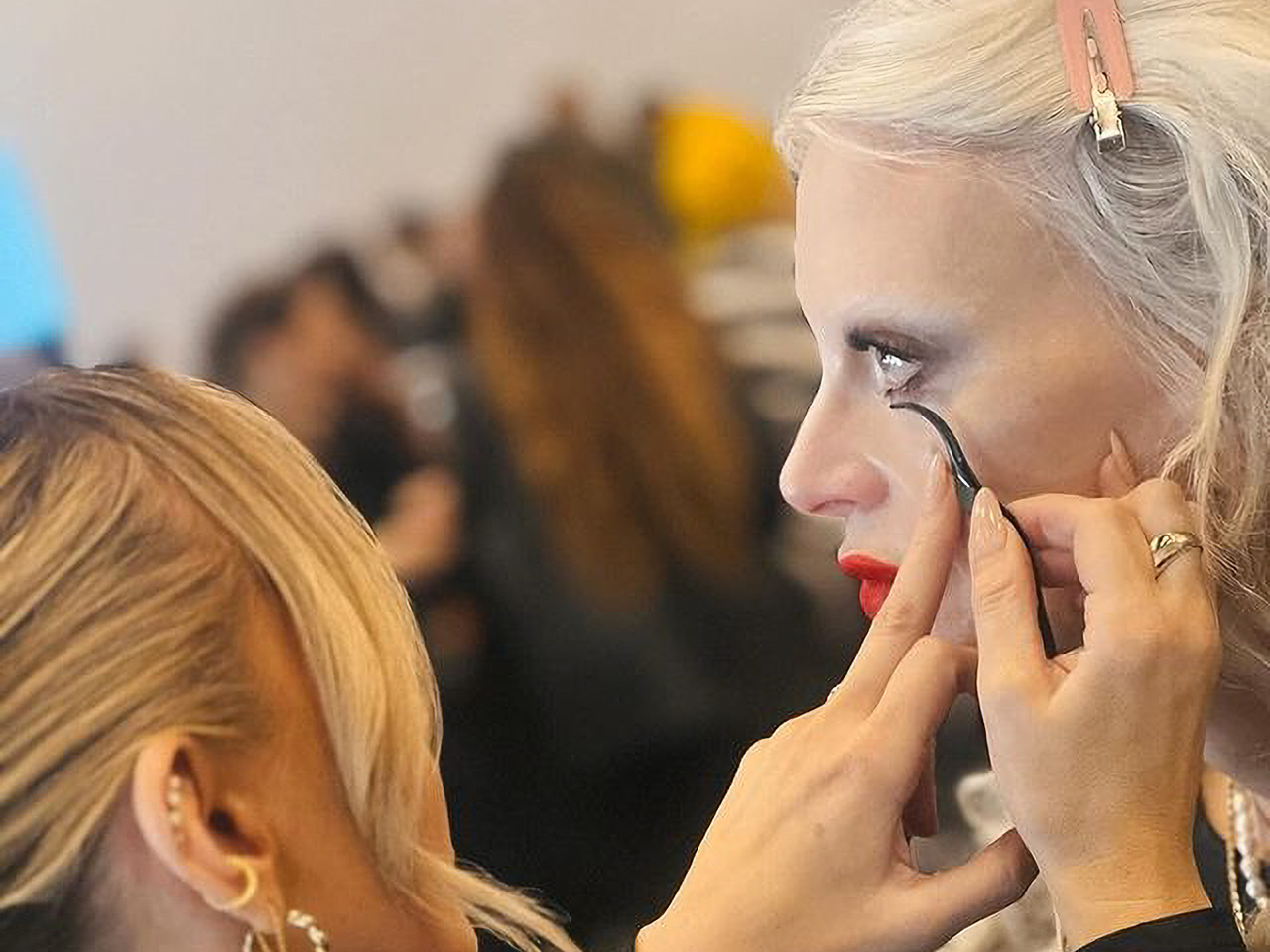There’s no better way to kick off an earnings call than with the news you’re bringing a fashion icon back into the world of beauty.
On Monday afternoon, the day before its scheduled fourth quarter call with analysts, Coty announced that it had signed an expanded long-term license agreement with Marc Jacobs Beauty. The deal brings Coty’s partnership with the iconic designer outside its existing fragrance agreement and into the realm of makeup and skin care. Marc Jacobs Beauty originally launched in 2013 in partnership with Kendo Brands; it came to an end in 2021.
In a press release, Coty CEO Sue Nabi said, “The expansion and extension of our longstanding agreement with the house of Marc Jacobs, now in its 20th year, is a testament to the enduring success of our partnership and the brand’s limitless potential.”
Nabi added that its existing partnership in fragrances has yielded some of the most successful scents in the world, namely Daisy Marc Jacobs, which has grown to become one of the top 10 female fragrances, as well as Perfect Marc Jacobs. In 2018, Daisy Marc Jacobs was the fastest-growing franchise among the top 10 women’s fragrances in the U.S. It continues to rank sixth, according to Coty. In 2020, Perfect Marc Jacobs became the biggest prestige fragrance launch across the U.S., U.K., Canada, and Australia.
“The revival of Marc Jacobs’ cosmetic portfolio is eagerly anticipated by consumers around the world who have been campaigning for its return. This agreement reinforces Coty’s position as a go-to partner for global fashion houses and brands that share our ambition of creating leading beauty portfolios,” Nabi said.
Marc Jacobs Beauty was once a robust business, boasting nearly 300 makeup sku’s in color and nail. Marc Jacobs International CEO Eric Marechalle said the deal will bring the designer’s creative vision to life with beauty playing a crucial role.
“The loyal fans of Marc Jacobs Beauty, who have been enthusiastic in their wishes for its return, speak not only to Marc’s unwavering cultural relevance but also to the importance of aligning with a partner that shares our values and commitment. It is without question that Coty has proven to be the team to bring Marc Jacobs Beauty to new heights,” Marechalle said in a release.
On August 18 Coty also extended its license with German brand Adidas. Coty’s other fragrance licenses include Gucci, Davidoff, Escada, Hugo Boss, and Jil Sander.
Coty reported fourth quarter net revenues ended June 30 of $1.35 billion, an increase of 16%, driven by strong double-digit like-for-like growth in both its prestige and consumer beauty divisions. For the fiscal year, net revenues increased 5% to $5.55 billion. Operating income totaled $129 million for the quarter and $543.7 million for the year, up roughly $303 million year over year.
Coty’s prestige business led during the quarter, with both reported and like-for-like sales growth of 21% versus the prior year. For the fiscal year, its prestige segment grew 5%. The momentum in the fragrance category remained in full effect, with the prestige fragrance market growing over 10% in both the fourth quarter and the full year. Coty’s prestige fragrance revenues outperformed the market, growing over 20% in the quarter and a low teens percentage for the year.
In the spring Coty kicked off its prestige skin care acceleration strategy, with new launches and strong in-market activations behind Lancaster and philosophy. These initiatives saw very positive early results, with revenues for both Lancaster and philosophy up double-digits in the quarter. Revenues for Coty’s prestige cosmetics were pressured in the early part of the year by the Chinese lockdowns, but rebounded with over 25% like for like growth during the quarter.
Sales of consumer beauty products rose 9% as reported in the quarter. For the year, consumer beauty sales grew 5%.




